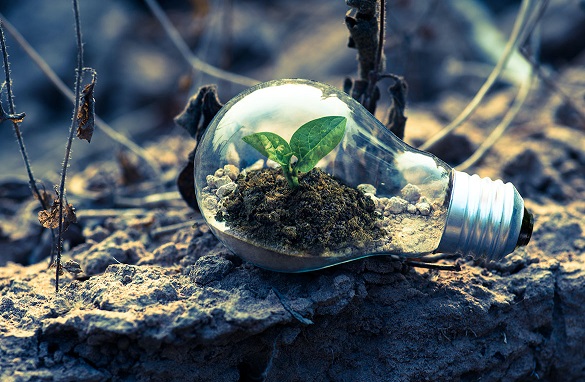
How Can Schools Be Involved in Preserving Our Environment?
What was the best time of your life? When the days were filled with fun, with no real responsibilities, and when there was no concern for the future or remorse of the past? When one reflects on this nostalgia, one may think of the good old school days.
When we look at youth today, we see that Covid has impacted their precious time at school. Though the studies continued online, there is no substitute for face-to-face interaction. Unfortunately, the joy of seeing children in uniform displaying togetherness and unity, those enjoyable moments of eating with each other at the canteen, and the euphoria of playing on the school grounds appear to have faded in the last couple of years of the Covid pandemic.
However, after two years of at-home studies, finally, the schools are all set to open in Delhi, Bangalore, Mumbai, Chennai, and other cities of India. As most of the young urban couples work and their offices have opened already, their kids will stay for an extended period at school/day-care and have lunch at their premises.
Slowly, life is limping back to normalcy, but the threat of Covid still looms. If a new variant outbreak occurs, the children will be escorted back to their homes and forced to return to online learning mode. In India, kids under 15 years of age are not yet vaccinated, and this comprises around 33,69,06,000 kids in 2021, or approximately 25% of the projected Indian population.
With regards to serving meals at the school canteens , even after children are vaccinated, it is best to serve food indisposable boxes rather than in regular steel thalis, which must be washed, dried, and sanitized before being reused for the next meal. If the utensils are not properly cleaned, they could be unsanitary and potentially dangerous. As a parent, I would prefer disposable food boxes over washed utensils to avoid the slightest possibility of my child contracting an infection. The best part is that I am willing to pay a premium for a safe and environmentally friendly initiative. After all, this is for my child’s safety. The cheapest alternative of food packaging is not always the best alternative when it comes to our health.
Schools setting a high standard for our environment
After the food has been consumed, its compostable food packaging can be recycled. The biodegradable food packaging can be collected, composted, and reprocessed in school fields & orchards. By doing so, the school can set a high ethical standard and be seen as a torchbearer in preserving the environment. Secondly, this action will polish the school’s brand image too.
For the industry, this will be a welcome change as it will upsurge the demand for compostable food packaging products, which will bring the cost down, a benefit that will eventually be passed on to the customer.

Evirocor compostable food packaging products
Oko products from Evirocor are entirely biodegradable, leakproof, aesthetically pleasing, microwaveable, freezable, and have excellent heat retention. Furthermore, these bowls are made of Oko board, which has a hygiene advantage due to the small amount of surface contact area. Oko products can also be customized by printing creative ideas from students on various monthly themes such as environment, Science, quizzes, festivals, History, pollution, and so on.
By spicing up their eco-friendly packaging with creative designs, Oko products could be a game-changer for schools, encouraging children’s brain stimulation and allowing them to focus on their core competencies.
